YouTube comment sections are not always the friendliest of stomping grounds. If you reveal that you live off-grid, or worse, you try to teach others how to get started living off-grid, the critics crawl out of the woodwork.
Rather than seeing that we’re offering free information to help others along their way, endless debates about what is “off-grid enough” or “informational enough” rage. As such, we have received some requests for more specific information on how to buy land, start living off-grid, and find the income needed to live the life you want to live.
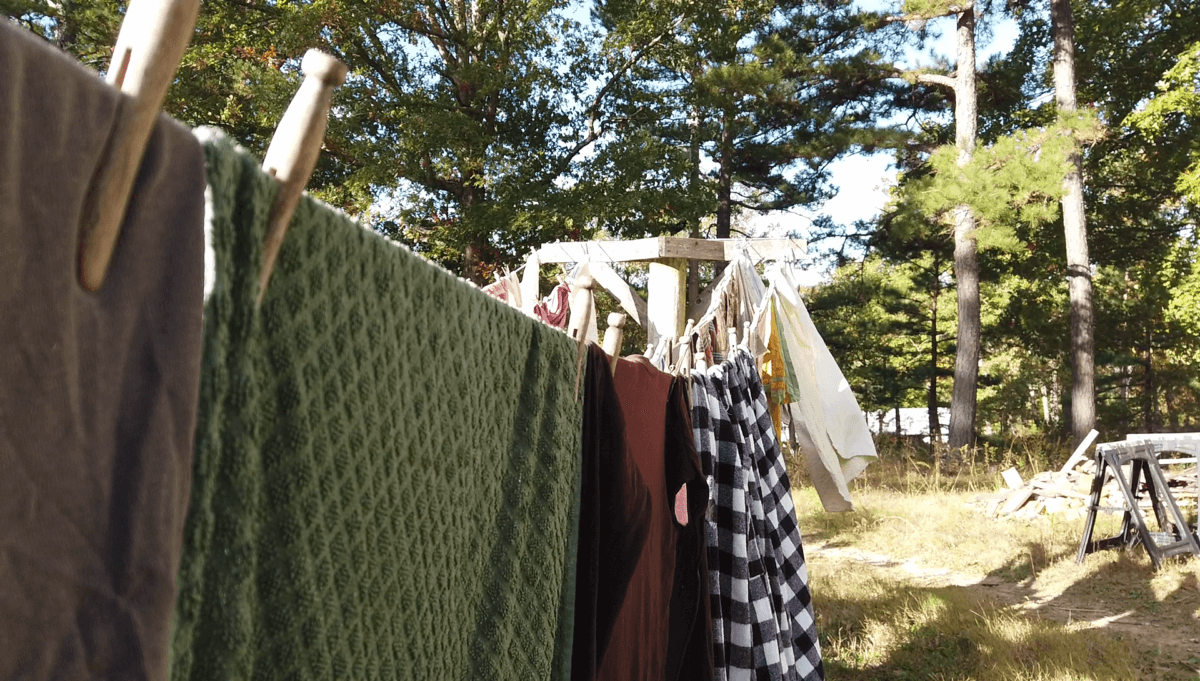
Here’s an example: “How did you find land that was both affordable to you and suitable for your needs? Did you even buy land or did you move onto family property? How do you live as you want to live, i.e., off grid and avoid harassment or permitting issues from your state or county? How do you both homestead and make the money needed to pay for taxes, maintenance, and other expenses that being a homeowner and landowner involve? For some reason channels like this never answer these questions. They may be unsexy questions, but they’re the most important ones, and without those answers there’s nothing.”
Though these questions were posed to me personally, I don’t think it’s useful for our Insteading community to know my specific situation or my specific lifestyle goals as much as my choices; a progression of choices that you can watch to learn one (of the many ways) you may figure out your off-grid life. This is a fiercely independent, self-directed lifestyle, which means there is no one-size-fits-all answer, no fail proof 10-step plan, no listing online for “perfectly harassment-free off-grid properties for sale at rock-bottom prices.”
So, are you ready for some off-grid questions? I’ll do my best to make them useful to you readers — with all your diverse and varied goals. Let’s go!
How Did You Find Land That Was Affordable and Suited Your Needs?
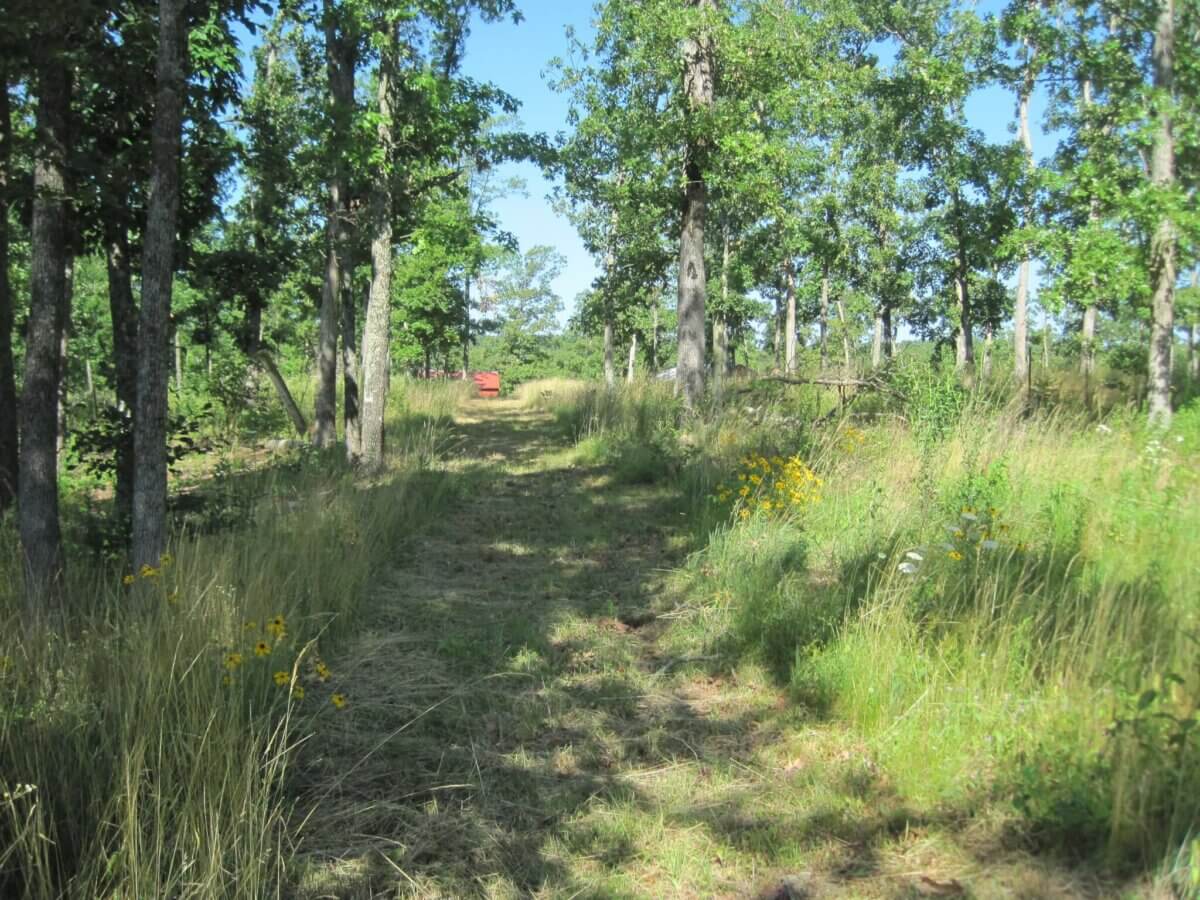
We looked. And searched. And hunted. Every day. For years.
First, we made a list of non-negotiable requirements for our future property based on our personal goals. Ours included a south-facing hill, no fracking in the area, and lenient or nonexistent building codes (to name a few). Those goals are obviously going to vary by person. Then, we looked through property listings like it was a second job. We didn’t restrict ourselves to a certain region, but looked everywhere and anywhere. Thankfully, most property-listing sites can be filtered to a certain price range. It really helped us restrict our searches to affordable tracts of land.
Second, we didn’t demand a finished homestead. We were willing to move onto raw land with no amenities. Some of the properties we looked at didn’t even have a road (you’d have to build one yourself). This willingness opens up a huge range of larger properties at lower prices. Granted, it also means you’re likely to have a bare-bones first year as you establish yourself on that land. Many folks who take this route spend their first years in tents, trailers, and vans while they build their home.
Finally — and this was a personal choice — we bought property that we could afford in cash. This meant those years of searching were also years of living extremely frugally, and saving up as much money as possible in preparation. The nice thing was, the more we saved, the more we could expand our search results with every passing season.
Now before the critics jump on that, I will add that we are not rich people. I was a classroom teacher, and everyone knows that is anything but a 6-figure salary. I don’t say this to brag, but to prove that even lower-income folks can find a property if they try hard, save even harder, and live as simply as possible.
Did You Even Buy Land or Did You Move to Family Property?
Ha! I wish. I (like many back-to-the-landers and homesteaders) am totally on my own in this regard. As explained above, I bought my land, hundreds of miles away from my childhood home, and without anyone’s financial assistance. For many of us, there isn’t a family farm or family property to use as a launching point. There are no rich uncles sending checks to support our “weird hobby.” There aren’t knowledgeable old grandparents to teach us the ropes. There isn’t a cushion of support and wisdom to lean on when times get tough. Instead … there’s the great unknown, an uncertain horizon, and newly-purchased land at your feet.
Deciding to leave your old shirt collar color, stomping grounds, family and friends, and way of life, is a worthy journey, but difficult. You may find yourself distanced from your old community, especially if they still live in the city. They will either view you as interesting, eccentric, weird, or gossip-mill fodder. In the meantime, the local yokels in your new rural area will perceive you at a distance, always thinking of you as the new folks, transplants, or “that family that moved onto Frank’s old place.”
How Do You Live as You Want to Live and Avoid Harassment and Permitting Issues From Your State and County?
When you’re scoping out a location for your homestead, particularly if you want to live off-grid affordably, knowing the permitting regulations of the land should be some of the primary factors that you consider. Picturesque, easily accessible, fertile farmlands will often come with price tags and permit-hurdles to match. Backwater, backwoods, backside of nowhere places that no one’s ever heard of are far more likely to be forgotten and left alone. I can’t give you a list of these locations. You need to find them yourself.
If you’re willing to put up with long, unlit dirt roads, hour-long drives to the grocery store, lack of city services, herds of roaming deer and wild pigs, and neighbors five miles away, you may be able to find the sort of land that comes with the freedom to do what you want. We wanted to build an off-grid house when we moved to our land, so before we started, we asked neighbors if there were issues with permitting. They laughed in response — as no one in this area cares about anything and nobody’s paid to check up. That’s the ideal response, in my book.
Comedian Jeff Allen has a monologue on his troubles with the HOA in his suburban community. When he and his wife moved to a more rural area, he quips that the first thing he saw as they pulled the moving van into his new driveway, was the neighbors standing in their front yard, watching an old couch burn. “Finally, the promised land!” he chortled. Free from fines and annoying restrictions.
That’s the sort of land that I believe is your best chance at success and unfettered creativity. You may never see a garbage truck or snowplow again, but you’ll never have to deal with an HOA or a building inspector either. Your neighbors may live very rough, burn garbage in their front yard, and have ten mangy dogs, but remember: Their freedom to do what they want is the same as yours. Get ready for your family in the city to make endless “Deliverance” jokes.
How Do You Manage to Both Homestead and Make Enough Money to Make Ends Meet, Pay Taxes, and Deal With Homestead Expenses?
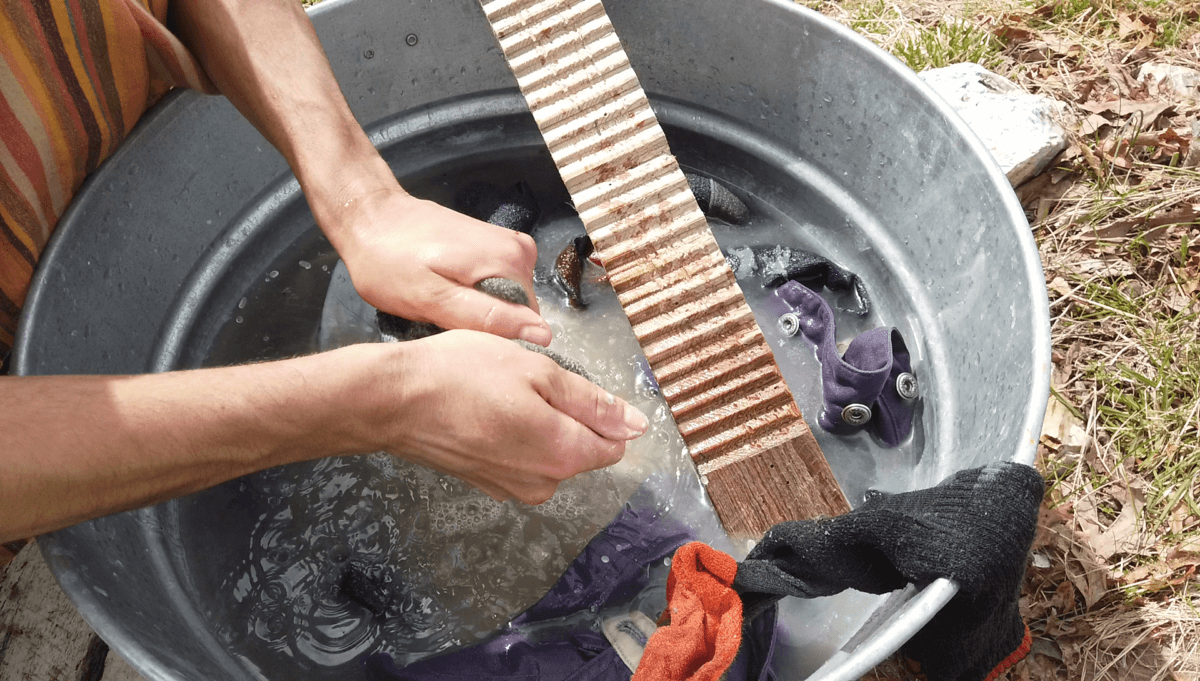
Figuring out the answer to this question completely depends on your personal philosophies, perspectives on money, and reasons for homesteading in the first place. Off-grid homesteading is a full-time job, and doesn’t leave room for outside work in most cases. Your perspective on what it means to “live well” and “have enough” will be the deciding factor on whether you can manage your money and life on your homestead in a sustainable way.
Who Off-Grid Living Isn’t For
If wealth, to you, consists of getting the newest tech, going to the salon, and having nice clothes and fancy cars, I don’t think you will ever be able to make ends meet while running an off-grid homestead.
If living well means that you must replicate your formerly on-grid life exactly with solar-powered dishwashers, driers, televisions, flush toilets, and washing machines, you are going to have huge expenses to grapple with. You’ll need to work off the homestead in order to have enough money, which will make your work on the homestead neglected or relegated to the weekend. If the status quo and the positive opinions of your family and friends mean the most to you, then you’ll never be able to accept the alternatives required by an affordable off-grid life.
If you need to eat out all the time and take vacations, you’ll have a hard time controlling your cash flow. If you only want to live off-grid because you’re afraid of the future and believe it’s the option you’re “forced” into (for whatever reason) your life will never be satisfying and you’ll always be seeking ways to “fix” it … which will come with hefty price tags.
Who Off-Grid Living Is For
However, if wealth, to you, consists of freedom from trends, land you can roam, not needing to keep up with the tech or fashion fads, and loving your beat-up ol’ pickup truck, you might make it on an off-grid homestead.
If living well means that you can learn how to do laundry and dishes by hand with less water, aren’t bothered by your DIY composting toilet, and can entertain yourself without depending on a TV, maybe you can make it on an off-grid homestead
If you couldn’t care less about the status quo and don’t mind being misunderstood and gossiped about by your friends and family, you’ll also be able to accept the alternatives required by an affordable off-grid life.
If you are delighted to be able to cook for your family, don’t need a vacation from the land you love, and have freed yourself from addictions, you’ll have a far better time managing your expenses.
And if you want to live off-grid because it’s the life you love, regardless of world events and politics, you’ll feel joy in both times of plenty and want.
Basically, you can make living off-grid as cheap or expensive as you want it to be. If you want the glitzy homes and fancy do-dads that lots of online “off-grid personalities and influencers” tout, you’ll go into debt pretty quickly. If you are able to learn to live much like folks did 200 years ago and work dang hard every day, you might have what it takes to live on an affordable off-grid homestead. If your expenses are few because you take care of things on your own most of the time, you can make do with a few side-hustles for your income. A self-employment patchwork of selling handicrafts, handyman services, or freelance work can get you by, if you’re willing to live lightly, that is.
Wren’s Off-Grid Life Pro Tips
The following are in line with my personal philosophy for off-grid living, and I don’t expect many people to agree with them.
If you find these stifling or impossible, this life isn’t for you. But if you find these helpful, challenging, or inspiring, great! You’re one of the rare ones.
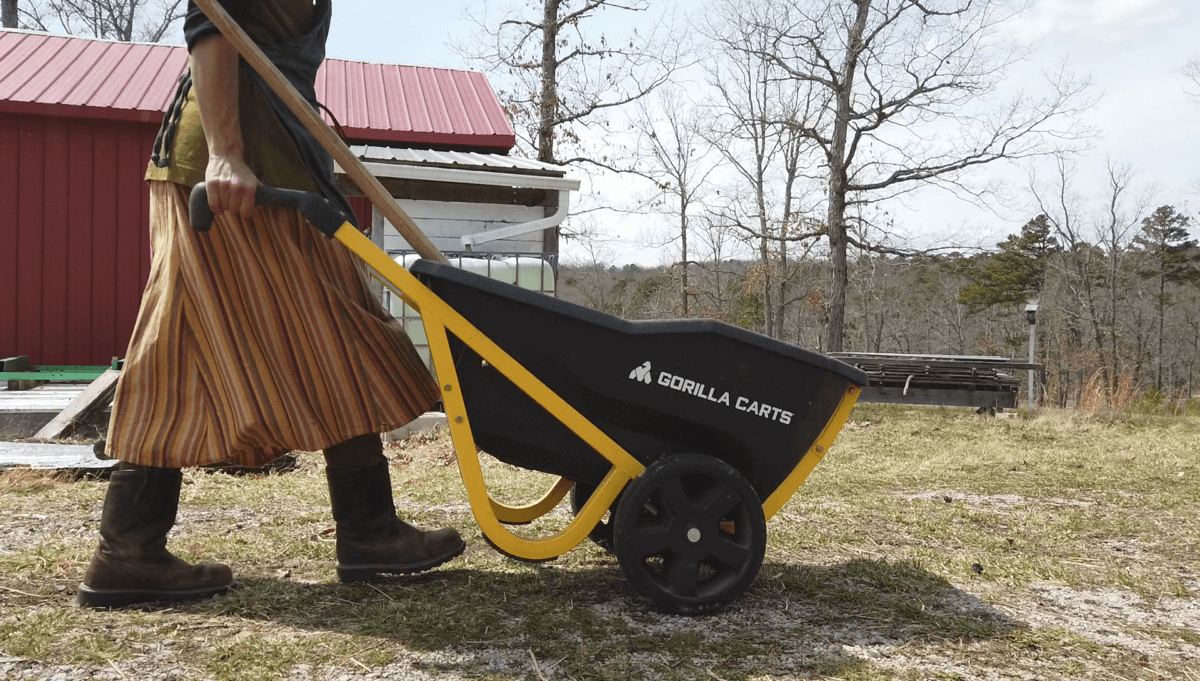
Get off and Stay off Social Media
It saps your joy, may expose your life to your critics who don’t have the right to see it anyway, and doesn’t make the real in-person relationships that off-grid folks need.
Be Cautious Who You Trust
Be careful about what sources you trust, especially if they’re written by self-proclaimed off-grid experts (something I will never claim). Lots of folks online are trying to sell something, and many modern books are written by folks who don’t know as much as they say they do.
Don’t expect anyone in the Internet to help you personally, get off-grid. Once you actually are off-grid, there won’t be anyone there to hold you up anyway.
Only Keep Animals You Can Sustain on Your Own Land.
If you can’t mainly feed your critters on your own pastures and need to truck in all their food, they’re going to suck away funds faster than you can say “hobby farm.”
Don’t Make Off-Grid Living a Religion
Don’t listen to the self-appointed “priests” who have decided what is and is not an off-grid sin. You’re far better off working on your land and enjoying your life than getting involved in legalistic comment debates online.
Relearn How to Work Hard
Don’t expect ANYTHING to be handed to you. Don’t complain about your lot in life: This is what you chose, and if you find yourself discontent with dirty fingernails, sweat-stained shirts, and worn-out boots, then choose a different lifestyle. Simple as that.
Does anyone remember the PBS show ZOOM? It was all about getting kids experimenting and crafting on their own. One of the best lines from their theme song was “If you like what you see, turn off the TV and DO IT.” Surprisingly good advice for the armchair off-grid crowd, too. If you like the idea of this life, stop trying to get real answers from articles, magazines, and YouTube channels. Turn off your computer and get your hands dirty — that’s the only way you’ll find the answers you’re looking for. That’s how I found mine.
Additional Readings on Off-Grid Living
If you want to find a launching-point for where to get started, peruse some of these earlier articles on off-grid living and find a project to get you going.
- 10 Off-Grid Projects You Can Finish This Weekend
- How to Go Off-Grid Gradually
- What It’s Like to Live Off-Grid
- 21 Off-Grid Tools We Love
- Getting Started With Off-Grid Water
- A Guide to Manual Pumps
- How to Use a Manual Pump
- Off-Grid Heating Alternatives and Options
- Why You Should Start Using a Clothesline
- 5 DIY Composting Toilet Ideas
I hope that gives a more detailed answers to those who wanted to know some of the nitty-gritty of getting off the grid and onto some land. Remember, my take isn’t the only take, but for what it’s worth, I’m living, happy proof that this strategy does work.






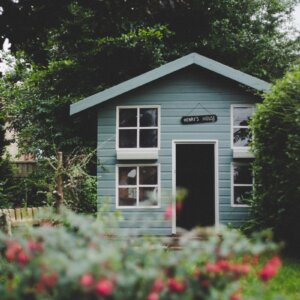


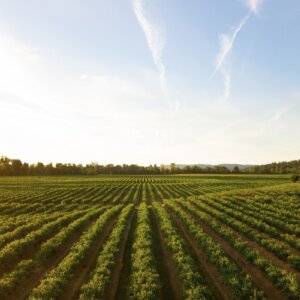




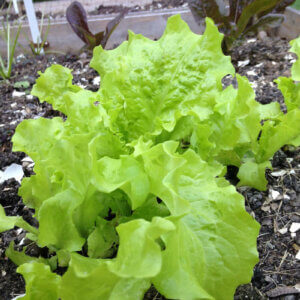



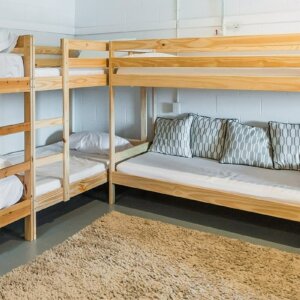
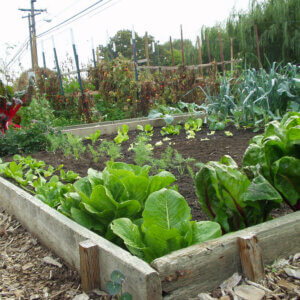
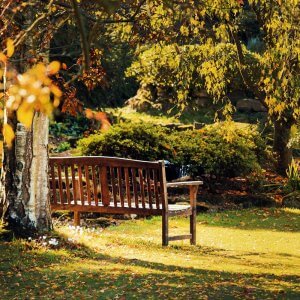
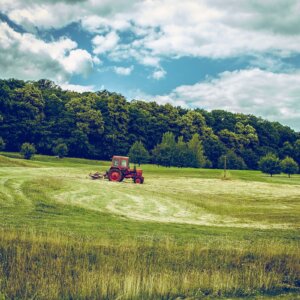




















Photo/Attachment:
Finding affordable land is a challenge. After watching our retirement savings steadily lose value to inflation, we turned to a real estate friend for help finding a good land investment. Within a week she found us a foreclosure on 10 remote acres just 70 miles from our home. The price was so good I still keep waiting for the other shoe to drop, but so far so good . We’re now “off-grid” about 2 days a week in in what my brother calls “our little slice of heaven.”